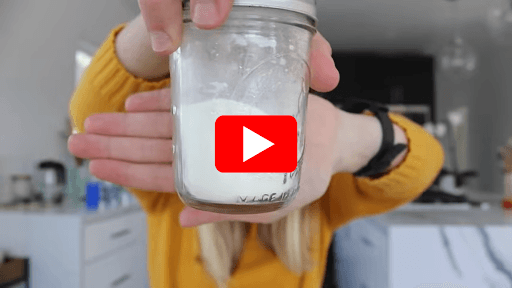This Is What You Are Doing Wrong!
Dr. Ahmed Aran, a specialist in endocrinology and diabetes, provides insights on effectively lowering high fasting blood sugar levels. Knowing why these levels are elevated is the first step in managing them.
When the body enters a fasting state after about eight hours without food, ideal blood sugar levels should range from 70 to 99 milligrams per deciliter. Often, people experience higher blood sugar levels upon waking due to various physiological reasons.
"Understanding why your blood sugars are high in the morning is crucial," explains Dr. Aran.
A poignant example is shared through the story of Jack, a 45-year-old man who battled high fasting blood sugar. Every morning, Jack's sugar levels reached a concerning 250 milligrams per deciliter, causing fatigue, thirst, and blurred vision. His resolve led him to implement lifestyle changes inspired by Dr. Aran's advice.
Jack adopted a low-carb, high-fiber diet, integrated regular moderate exercise, and monitored his sugar levels while supplementing naturally. Remarkably, within a month, he reduced his fasting levels to 120, feeling more energetic and focused.
Dr. Aran highlights the dawn phenomenon, a condition where natural circadian rhythms cause morning blood sugar spikes. He suggests starting the day with a protein-rich breakfast for increased stability and considering intermittent fasting with medical consultation.
A balanced diet, emphasizing olive oil, vegetables, and reduced red meat, alongside supplements like berberine, can further aid those struggling with management.
- Avoid starchy vegetables and focus on high-fiber variants for better glycemic control.
It's crucial to wisely select and use supplements, as not all products on the market are effective.
Sometimes lifestyle and dietary adjustments are insufficient, and medications such as Metformin or pioglitazone become essential, impacting insulin sensitivity and production.
Moreover, when necessary, basal insulin — a cost-effective and sometimes critical intervention — can offer substantial support in managing fasting blood sugar levels daily.
From Around The Web
Wellness Inbox is a blog & weekly newsletter that curates trending news and products related to health and wellness from around the web. We also gather content from various sources, including leading health professionals, and deliver it directly to you.
Please note that we may receive compensation if you purchase any products featured in our newsletter. Wellness Inbox is not affiliated with, nor does it endorse, any health professionals whose content may appear in our newsletter. The information provided is for general informational purposes only and should not be considered medical advice.
The information provided is not intended to replace professional medical advice, diagnosis, or treatment. All content, including text, graphics, images, and information available is for general informational purposes only. We do not guarantee the accuracy or completeness of any information presented and assume no liability for any errors or omissions. The content is subject to change without notice. We encourage you to verify any information with other reliable sources and consult your physician regarding any medical conditions or treatments.







